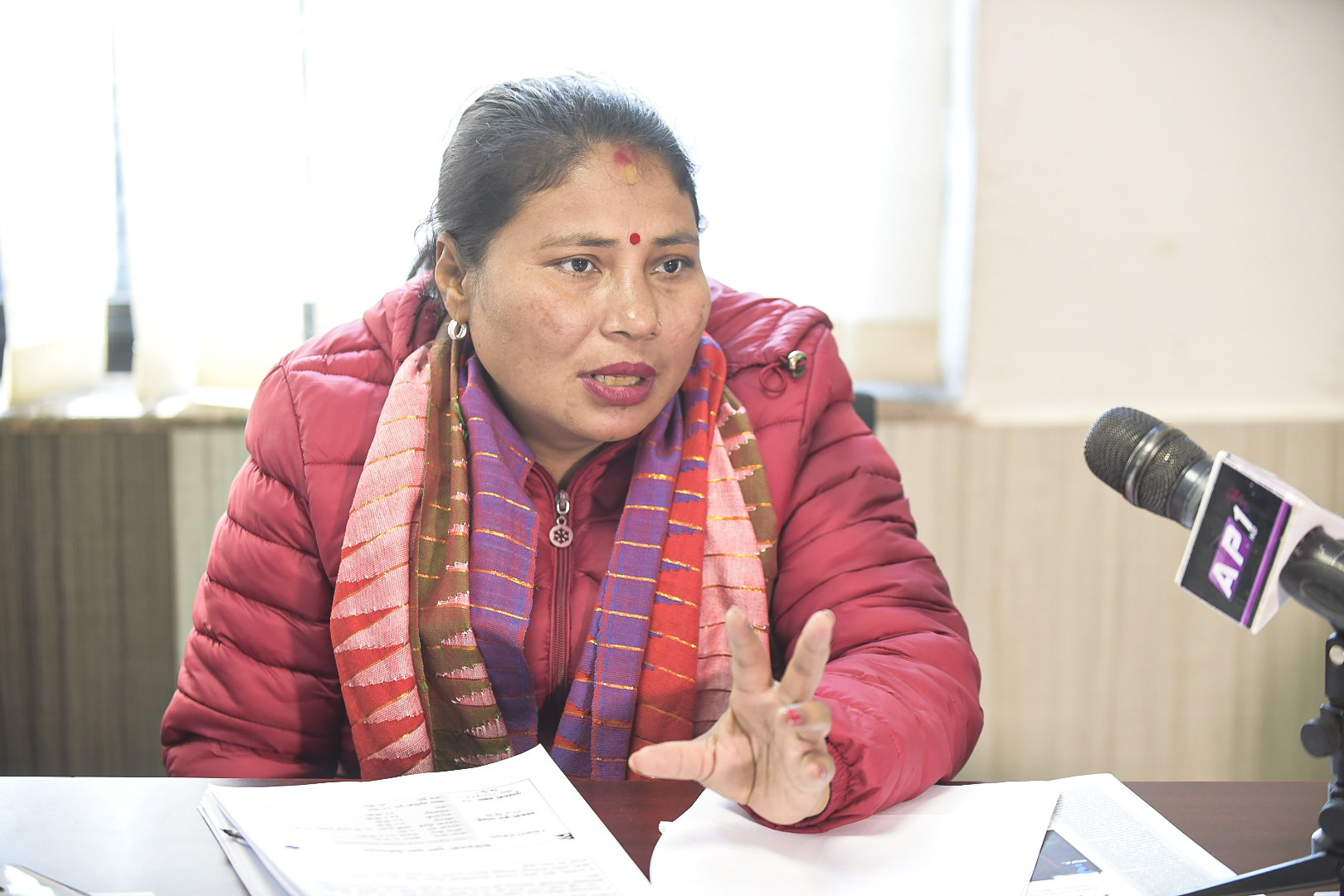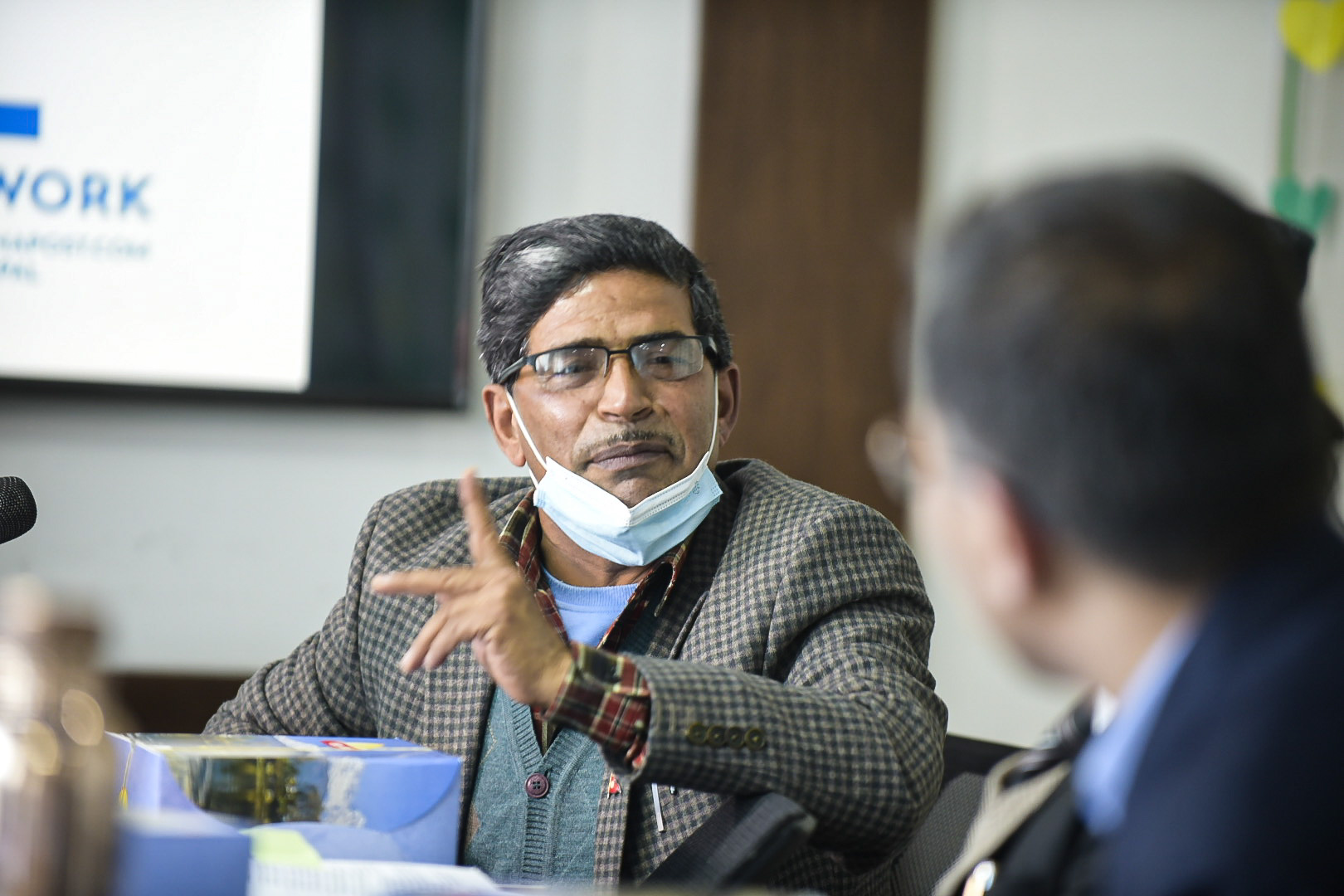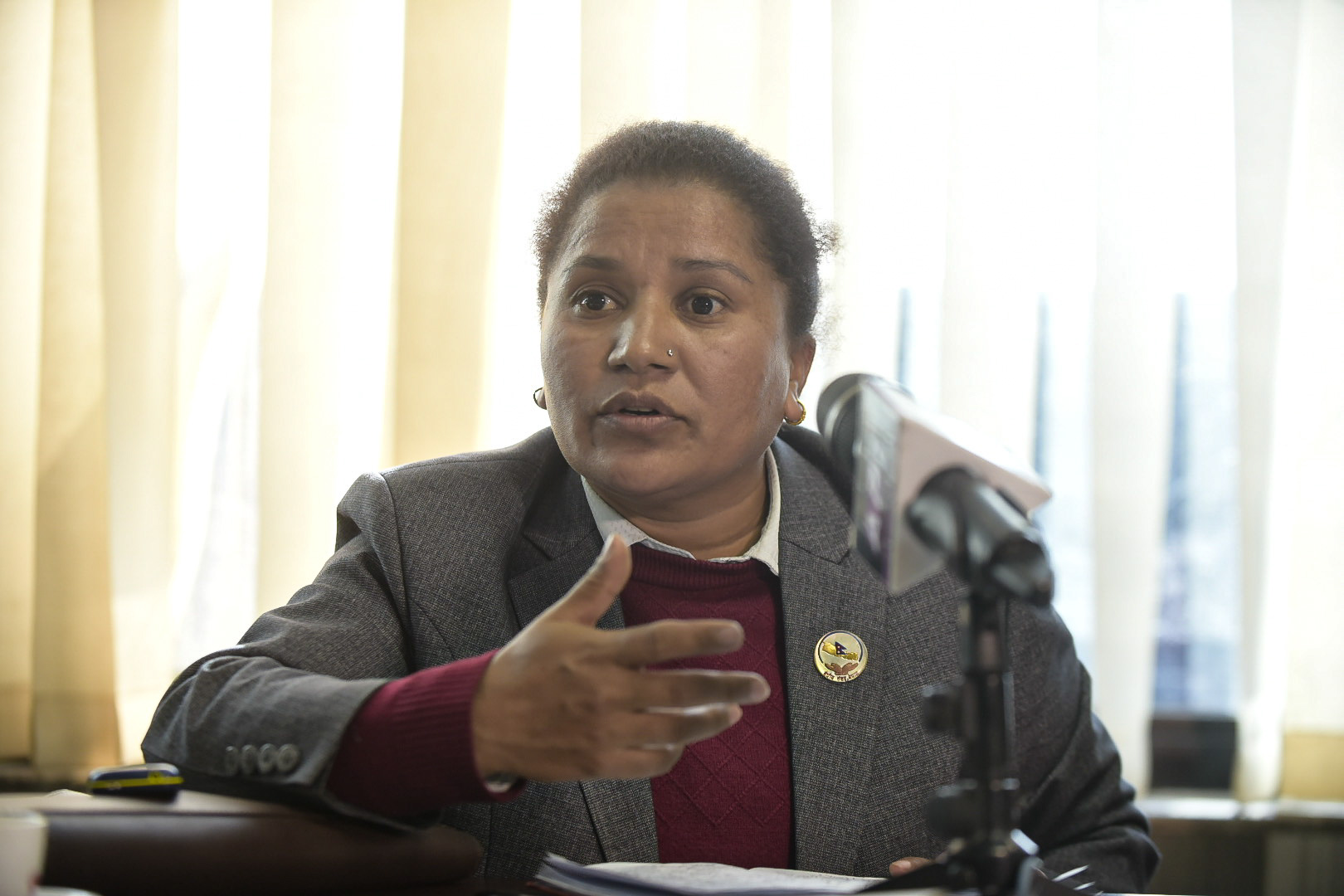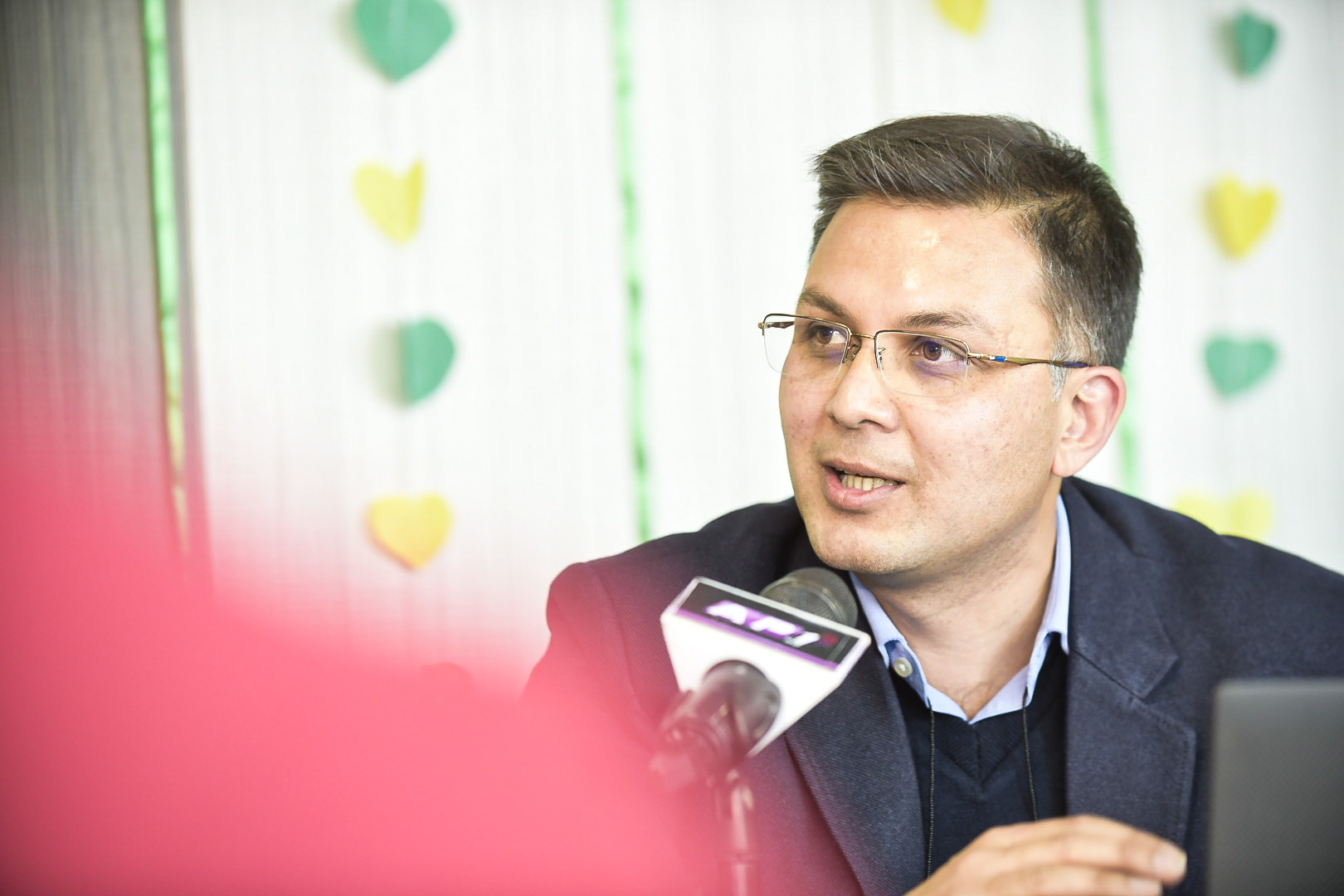ApEx recently hosted a roundtable with a group of experts on the Kathmandu-Tarai Fast Track Project. The objective was to understand the many aspects of the project—its current status, its cultural and environmental impacts, and the lessons we have learned from it. Here are excerpts of the opinions shared in the roundtable.
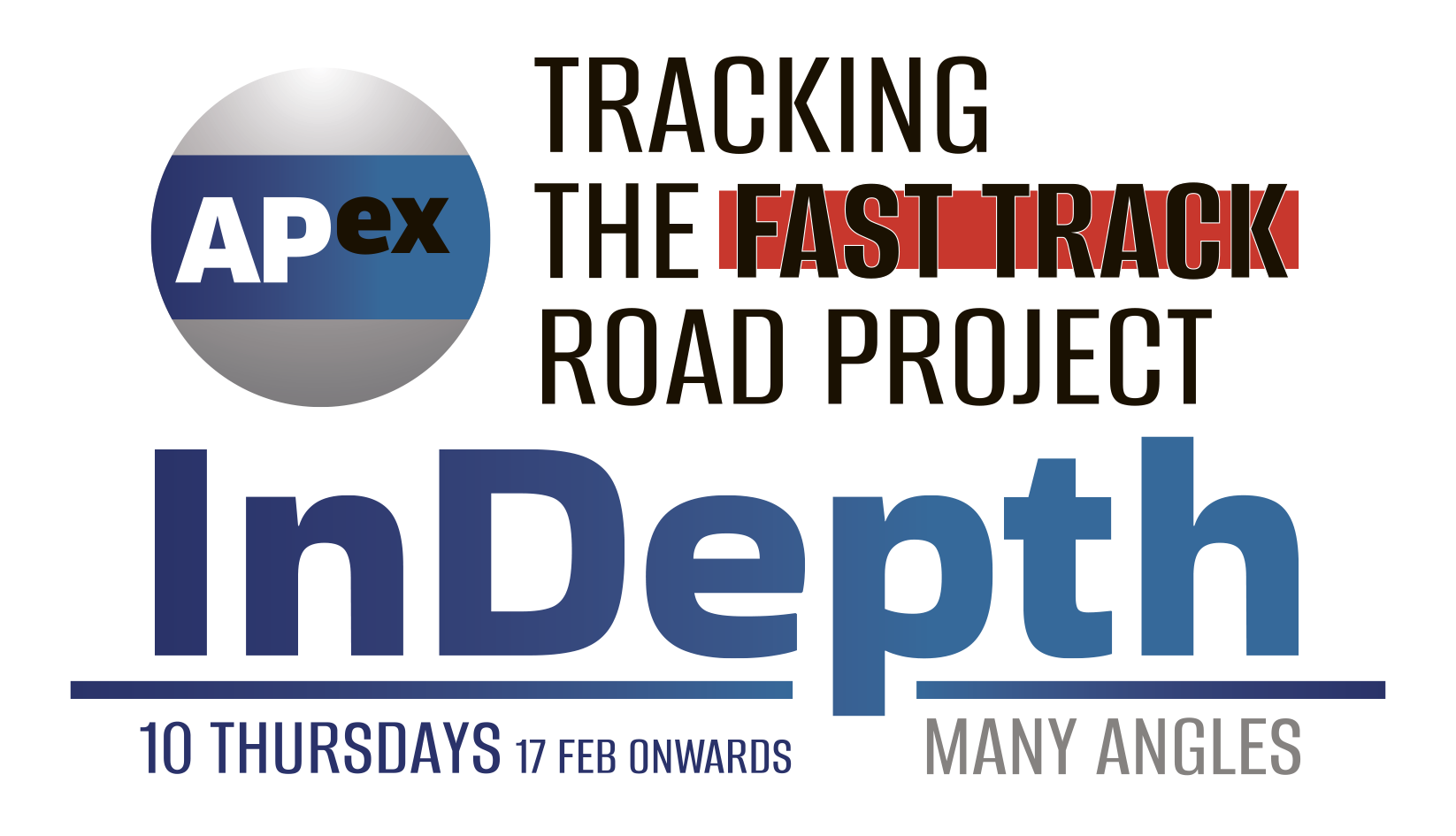
(Note: Nepal Army, which has been commissioned to develop the project, didn’t send its representative to the roundtable despite repeated requests.)
Aasha Kumari B.K.
Lawmaker and member of Development and Technology Committee of Parliament
In May 2021, army officials and our committee had officially discussed the fast track. That time local residents around project sites had complained to us that there was no one to listen to their concerns. So the committee had directed the army to build camps at different project sites to address local concerns. The army now has 10 such camps, which is a positive development. We are also planning another meeting with the army, as the residents living near the project sites have reported some new environment-related concerns. We have gotten reports of environmental damage and dust at project sites affecting the health of local residents.
And there is the issue of compensation. Nepal Army hasn’t been able to settle compensation for land acquisition in Khokana, Lalitpur, as some of its residents want to be compensated at updated land rates. This issue has become particularly thorny as some residents have already accepted compensation at previous rates. The army has asked the government for additional funds to resolve the land dispute. In our upcoming meeting, we will try to work out the best solution.
Dr Chandra Mani Adhikari
Economist and a former member of National Planning Commission
In 2009, JICA had estimated the project cost at Rs 86 billion. In 2022, the estimated cost has reached a staggering Rs 213 billion. The cost will continue to rise if works are not expedited. The most-used highway that connects Kathmandu with the Tarai is around 270 km. When the fast track comes into operation, it will shave off a distance of around 200 km. This will benefit us economically. We can expect commodity and fuel prices to come down with the fast track, largely because of lower transport costs. With the fast track in place, we can also use the dry ports at Birgunj and Chobhar to their maximum capacity.
Developed countries invest in infrastructure and connectivity projects, which they consider their economic lifelines as they give fast turnovers. We must learn from them and start investing in such projects.
I also doubt the decision to hand over the fast track to Nepal Army that has no experience of dealing with such mega-projects.
Parbati Kumari Bishunkhe
Lawmaker and member of Public Accounts Committee of Parliament
As Nepal Army did not have the necessary equipment and manpower to undertake the project alone, it hired other international companies to work on many of the project components. Complaints have been filed with the Public Accounts Committee that some of these companies were hired without following due process. The committee has already taken up this matter with the army. It has been reported that the army needed two companies to build the track’s inner channels, and invited tenders accordingly.
For the first channel, there were only two interested companies and one of them was selected. But on the tender for the next channel, 21 companies had applied. There have been complaints that the army prepared the Performance Qualification (PQ) questionnaire favoring one particular company, which ultimately got the contract.
We plan on inquiring into this as soon as parliament procedures stabilize.
Sanjay Adhikari
Public interest litigator for natural and cultural heritage
Khokana and Bungmati are ancient villages attached to the Newa civilization. The fast track project is endangering their cultural and historical significance. In the name of development, the government is trying to drive away the native Newa families who have been living there for ages.
The United Nations Declaration on the Rights of Indigenous Peoples, of which Nepal is a signatory, as well as our constitution, advocate for the rights of indigenous people. But we are not following them.
We have requested the National Human Rights Commission to intervene on behalf of Khokana and Bungamati residents, but to no avail.
Semanta Dahal
Lawyer and researcher
Nepal has to invest almost 13 to 15 percent of its GDP in infrastructure projects for the next two decades to meet its development goals. On highways and roads alone, we needed to allocate around $1.3 billion in 2020 but there was a gap in required financing. Going by this trend, we can estimate that the country will require $5.6 billion by 2025, and $7.5 billion by 2030. Will the government alone be able to allocate such large sums? No. So private investment is necessary to bridge the infrastructure gap if we want to develop mega roads and highways.
But the government has failed to create an investment-friendly climate. Except in hydropower, it has been unable to encourage private companies to invest in other public infrastructure projects despite the passing of the Public-Private Partnership (PPP) legislation. Separately, one thing we must ask based on time that has already elapsed since Nepal Army was assigned to develop the fast track in 2015 is: Do we still think it is the most suitable entity to build such an infrastructure project?


